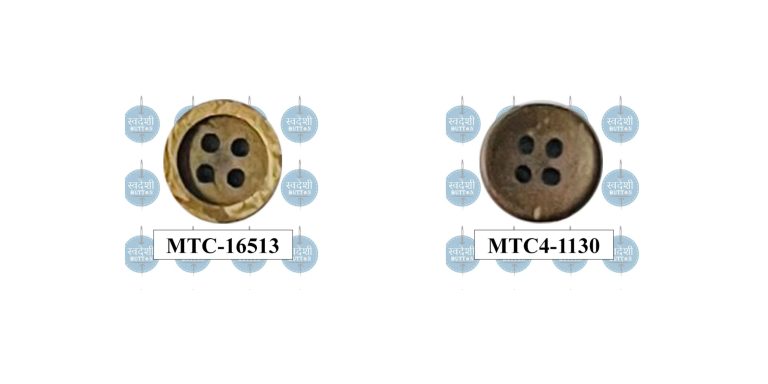In the crowded food market, certifications help consumers make informed choices. One of the most well-known certifications is the Kosher Certificate. While it’s rooted in Jewish dietary laws, kosher certification now stands as a mark of quality, safety, and ethical production. Let’s break down what kosher certification means and why it matters.
What Does a Kosher Certificate Mean?
A kosher certificate shows that a product adheres to Jewish dietary laws, known as kashrut. These laws define what foods are permissible, how they must be prepared, and how they should be handled during production.
For example, kosher laws prohibit pork, shellfish, and mixing meat and dairy. The rules also govern how ingredients are sourced and how equipment is cleaned. This ensures the product maintains kosher standards throughout production.
Who Issues Kosher Certifications?
Kosher certificate come from specialized agencies with expertise in both Jewish dietary law and food safety. These agencies send rabbis and inspectors to check if products meet kosher standards.
Some well-known kosher certification agencies include the Orthodox Union (OU), Star-K, OK Kosher, and Kof-K. Once a product passes the inspection, it receives a hechsher, which is a symbol that guarantees the product is kosher.
How Does the Certification Process Work?
The process to receive kosher certification is straightforward:
-
Application: The company provides detailed information about its products and production process.
-
Inspection: A kosher inspector visits the facility to verify compliance with kosher laws.
-
Adjustments: If needed, the company makes changes to align with kosher standards.
-
Approval: After meeting all the requirements, the agency grants the kosher certificate.
-
Ongoing Monitoring: The agency checks the facility regularly to ensure continued compliance.
These steps help ensure the product is consistently kosher.
Why Is Kosher Certification Beneficial for Businesses?
Kosher certificate provides benefits beyond religious observance. Many consumers view kosher-certified products as safer, cleaner, and of higher quality. This perception makes kosher products popular among a wide range of buyers, not just those who follow Jewish dietary laws.
For businesses, kosher certification opens new markets. It attracts consumers who value ethical sourcing and transparent production practices. It also helps businesses expand globally, as kosher products are in demand in countries like the U.S., Israel, and Europe.
Conclusion
A kosher certificate is more than a symbol of adherence to Jewish law. It represents trust, quality, and transparency in food production. For consumers, it ensures the highest standards. For businesses, it strengthens credibility and expands market reach.
Whether you’re a business looking to grow or a consumer seeking reliable products, kosher certification offers significant benefits.




